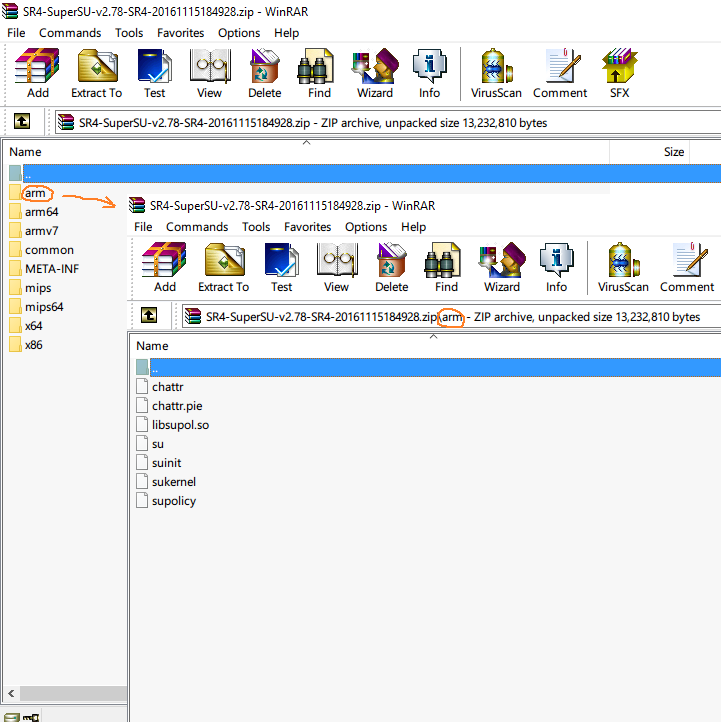The process of rooting essentially installs a su binary and optionally a management tool (e.g. SuperSU) into your /system. Both need to be compiled against each CPU architecture (x86/arm/arm64/mips/etc.) individually - if you look inside a flashable SuperSU package, you will see the different architectures lined up in separate folders.

But concerning the wait for different devices, it's not that related to the CPU/SoC. If you were to root using a custom recovery, then the bootloader is the hurdle - you usually need it unlocked to be able to flash the recovery and proceed, and the wait is either for unlocking it, or for someone to make a recovery image suitable for the device. If you were to use one-click rooters, how the manufacturer patches against the root exploits they use is the key, and this can be applied regardless of architectures (e.g. Android monthly security patch).

